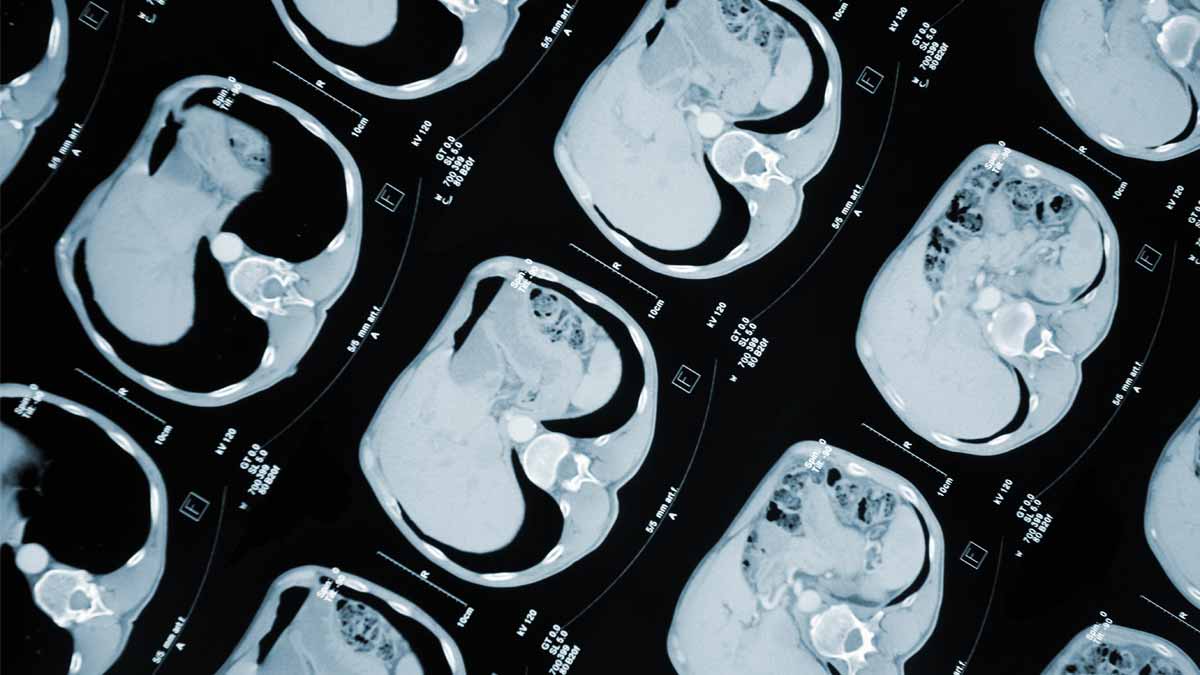Engaging the Community in Cancer Moonshot Initiative
 Cancer treatments and outcomes have improved in recent years, thanks to advances in gene sequencing. By studying the molecular structure and the biological mechanisms involved in cancer, scientists can help make more therapies available to more patients, while also improving their ability to prevent cancer and detect it at an early stage.
Cancer treatments and outcomes have improved in recent years, thanks to advances in gene sequencing. By studying the molecular structure and the biological mechanisms involved in cancer, scientists can help make more therapies available to more patients, while also improving their ability to prevent cancer and detect it at an early stage.
The National Cancer Institute (NCI) has been capturing the gene profiles of cancer for the past decade, cataloging and sharing them with participating researchers around the country. While the collection has become an invaluable resource for ongoing research, the data have been found lacking in certain types of cancers that are uncommon or very rare, as well as those that occur within certain understudied populations.
To address the gaps in cancer research profiling, the NCI has established a national Participant Engagement and Cancer Genome Sequencing (PE-CGS) Network as part of the nation’s Cancer Moonshot Initiative. This network aims to promote and support direct engagement of diverse and underrepresented cancer patients and post-treatment cancer survivors as participants in cancer research to improve access to data from advanced tumor profiling and to add knowledge about cancer outcomes across diverse patient populations.
The NCI has awarded The Ohio State University College of Medicine a $2.5 million grant to serve as the PE-CGS network’s coordinating center for the next five years. This Ohio State team is led by John Bridges, PhD, professor and associate chair of Biomedical Informatics (BMI); Qin Ma, PhD, associate professor of Biomedical Informatics; and Electra Paskett, PhD, professor of Internal Medicine in the Division of Cancer Prevention and Control. The team also includes Soledad Fernandez, PhD, vice chair of BMI; Heather Hampel, MS, professor of Internal Medicine in the Division of Human Genetics; Greg Young; Norah Crossnohere and Neena Thomas.
This coordinating center will provide the network of participating researchers and their community partners with administrative support, guidance in scientific activities, development and coordination of outreach and communications channels, and development and implementation of standardized approaches to data collection and processing, including guidance of “best practices” in community engagement.
“Ohio State is uniquely positioned to serve as the PE-CGS Network’s coordinating center,” says Dr. Bridges, who is also director of the PE-CGS network’s coordinating center. “We have the necessary infrastructure in place, including the people, the resources and the experience, as well as a long-established record of engaging the community in research.”
The coordinating team will help ensure the significance of the collected work of the PE-CGS Network, facilitate well-organized communication and standards within the network, and contribute to the dissemination and implementation of findings and experience of the network. It will also create a Summer Scholar Program and add a post-doctoral position that will contribute to a diverse pool of future scientists from underrepresented groups, thanks to the generous support of The Ohio State University Comprehensive Cancer Center.
“Greater participant engagement in genomics studies is needed to understand how cancer effects all Americans.” says Dr. Bridges. “This new NCI network will engage minority groups that have traditionally be underrepresented in previous studies and address existing evidence gaps for rare and pediatric cancers.”



